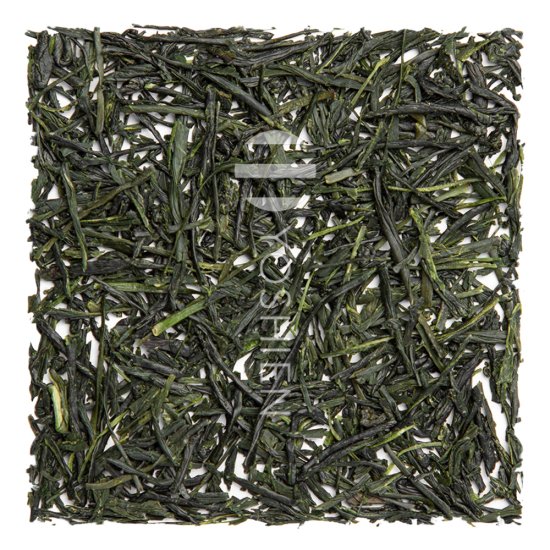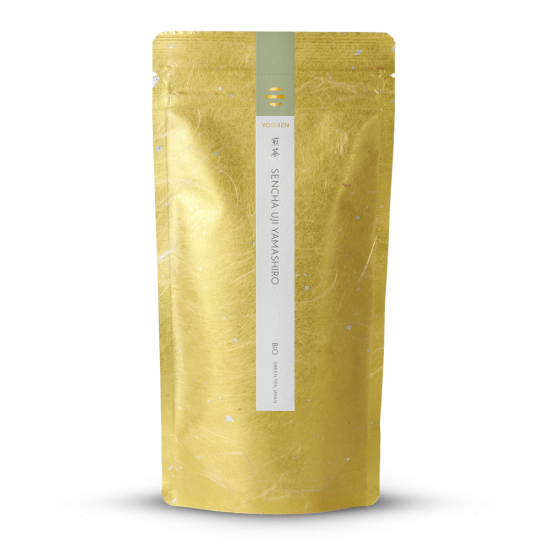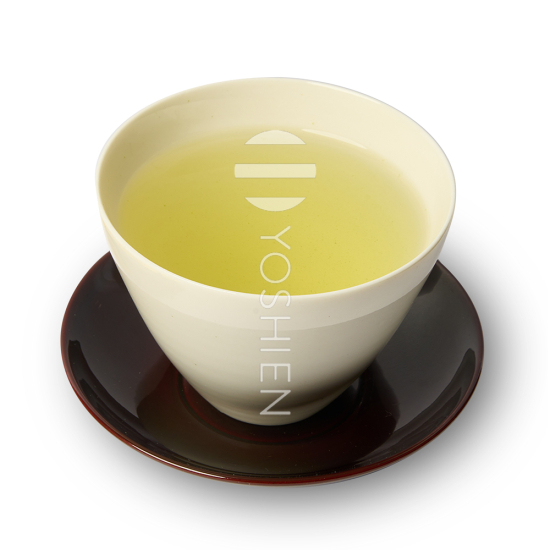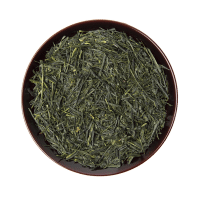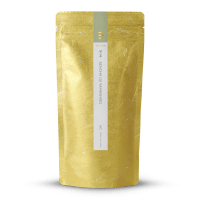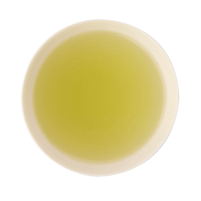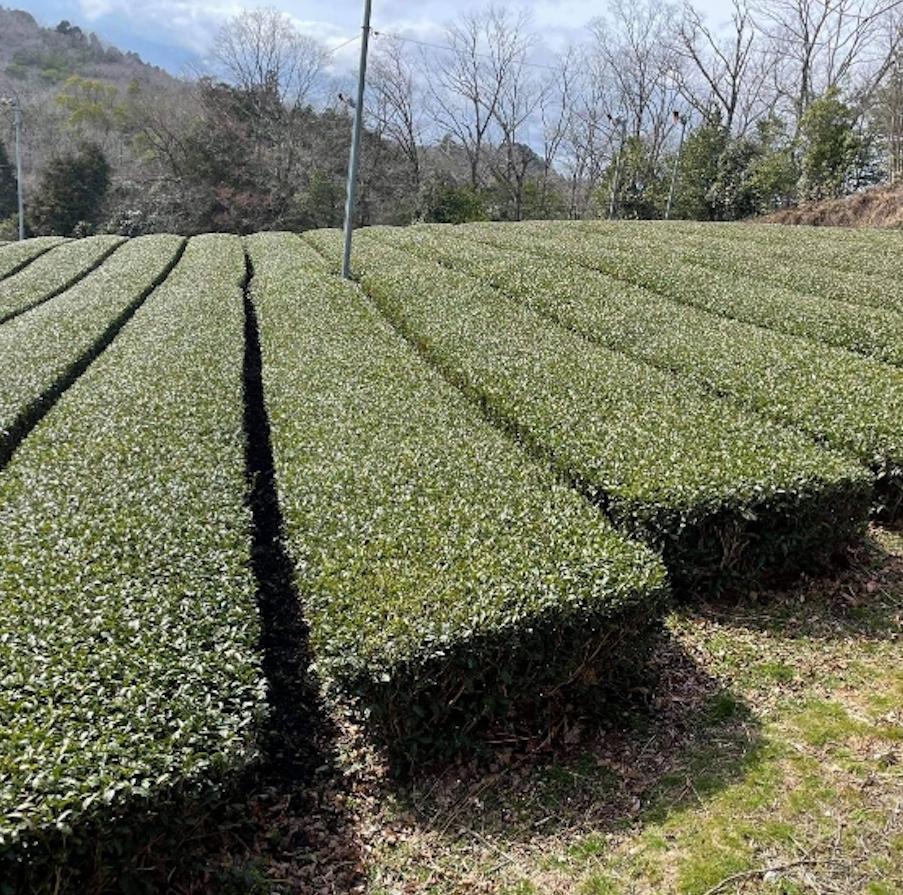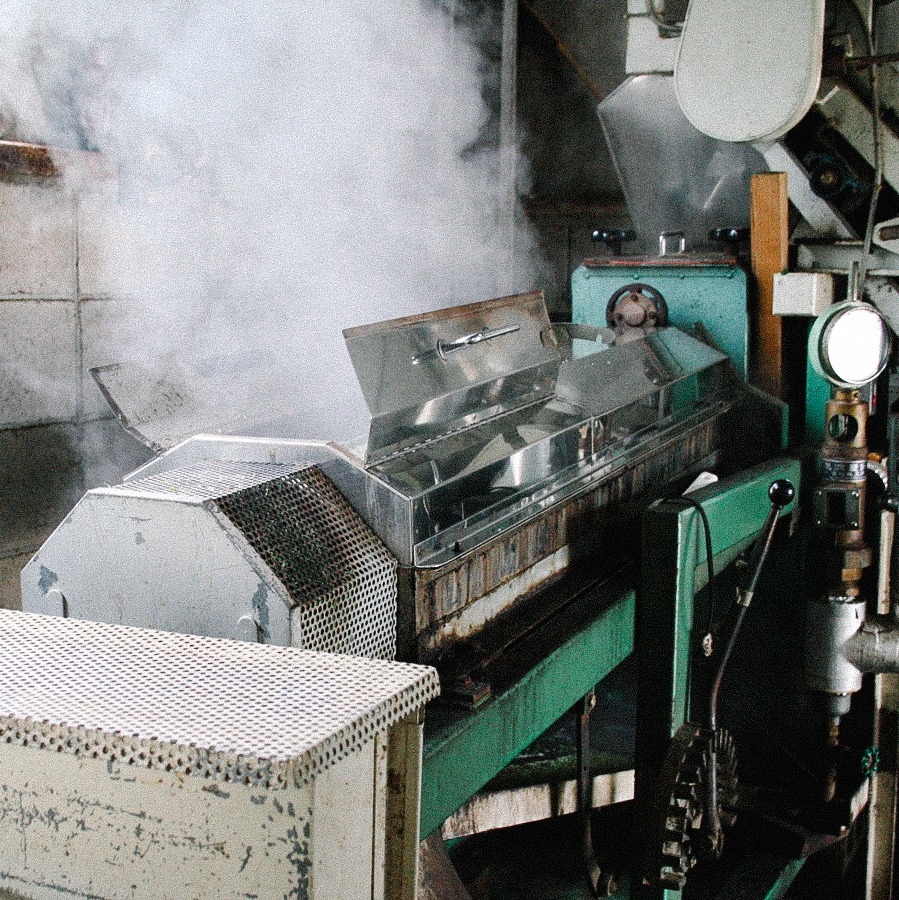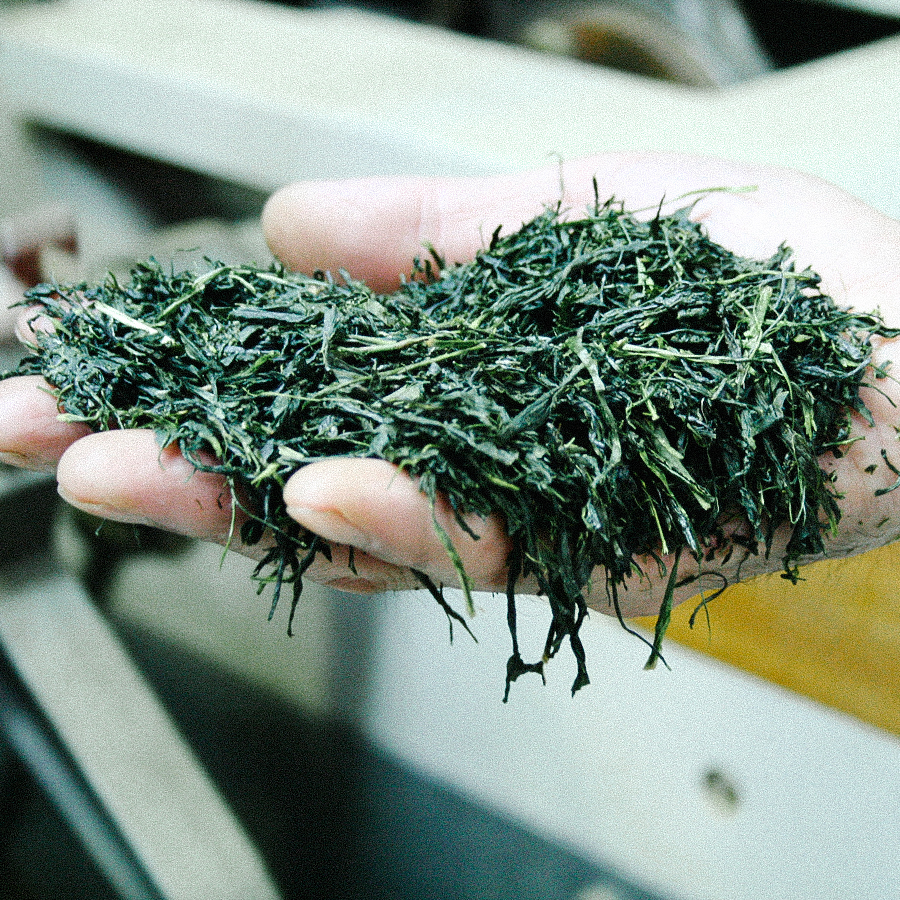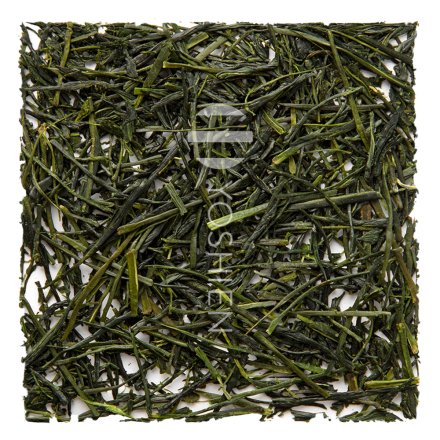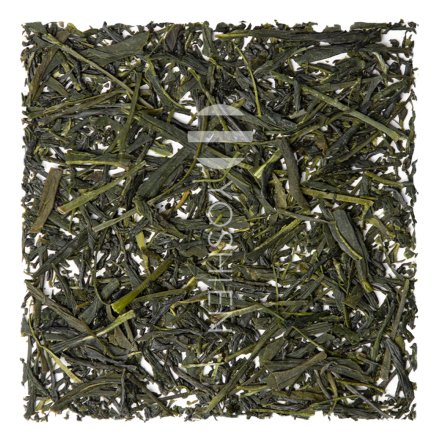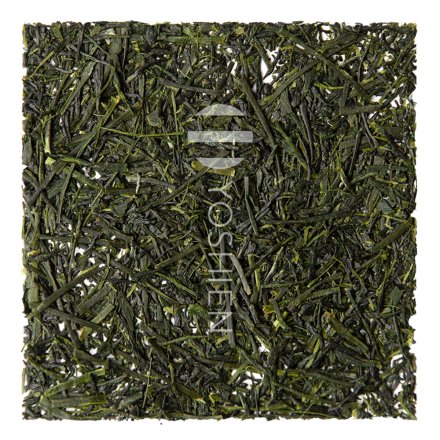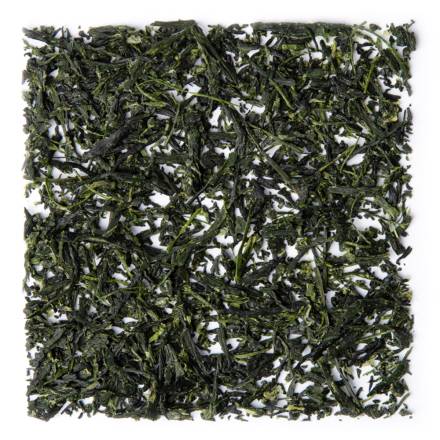Uji-cha (宇治茶)
Few regions in Japan are as closely interwoven with the history of green tea as Uji, a city in Kyoto Prefecture. Known as the cradle of Japanese green tea, the region is famous for its creation of matcha and is home to the legendary Nagatani Soen, who is considered one of the inventors of the modern sencha processing method and thus contributed like no other to the importance of Uji and Ujitawara as a tea centre.
The region, located on the eastern and southern slopes of the Kyoto Basin, is ideally situated for cultivating tea. Combined with the ideal sediment-rich soil, nourished by deposits of the Uji River over thousands of years, the roots of the tea plants benefit from water washing through them without any danger of waterlogging. Most of the fields in Uji are situated on naturally formed terraces. Due to the surrounding mountain ranges, the fields are also optimally protected from strong weather and exposed to heavy fog. This not only provides moisture, but also natural shade for the plants, an important factor for the intense and famous Uji umami. The strong, stimulating climate, with its high daily temperature fluctuations and seasonal rainfall, creates virtually ideal conditions for cultivating tea.
The history of tea production in Uji dates back to the early 12th century, when none other than the Zen monk Eisai, the forefather of Japanese green tea, brought the first seeds and seedlings from China to Japan and passed some of them on to the Zen priest Myoe Shonin, who used them to plant the first tea fields in Uji, according to historical sources.
Under the changing protection of various shoguns, the reputation of Uji-cha steadily improved until, by the end of the 16th century, it was considered the best tea in Japan. It was no longer enjoyed only by the emperor but also by the country's cultural elite. In the course of the development and elaboration of the tea ceremony by Sen No Riyku, the demand for ground tea from Uji grew steadily, contributing in large part to the economic boom experienced in the region at the time.
In the 16th century, tea farmers in Uji invented a method of shading called Ōishita Saibai, a forerunner of the tana shading (rice straw on frame racks) used today for the finest shaded teas. This method enabled the production of particularly sweet and umami teas and also offered natural protection against insects and environmental influences such as frost and hail.
However, these high-quality teas, called honcha, were reserved only for the upper classes of Japanese society. In order to counteract this trend, the farmer Soen Nagatani developed the uji method at the beginning of the 18th century, which is still the basis for the production of Japanese senchas today, and which quickly spread throughout Japan thanks to Nagatani's efforts.
To this day, Uji-chas regularly take first place in national competitions and are particularly appreciated among tea lovers worldwide for their uniquely sweet and full-bodied Uji umami.
Single Origin
This tea comes from the above mentioned tea field in Uji and is sourced directly from the tea farmer.
Organic Certification






